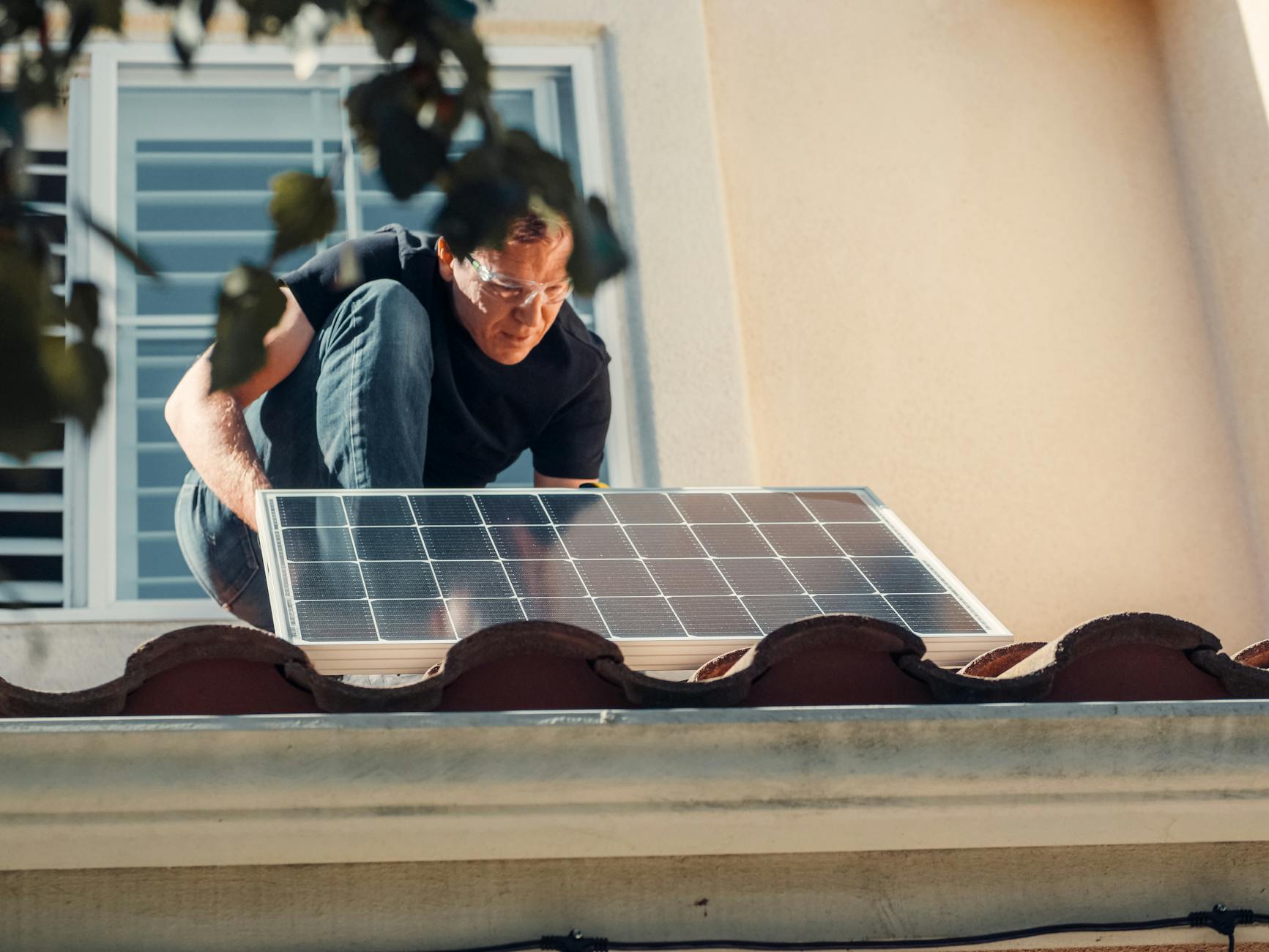How to Set Up a Solar-Powered Ice Block Business in Nigeria
Nigeria's energy issues often make life challenging, especially when it comes to preserving perishable items. This is where the ice block business comes into play. There's a growing demand for ice blocks for domestic uses, commercial purposes, and event planning. The brilliance of combining this business with solar technology means cutting down on electricity costs and ensuring a constant power supply.
Understanding the Ice Block Business
The ice block business thrives in places with unreliable electricity. Unlike conventional refrigerators that barely maintain ice, specialized ice block makers can produce significant quantities. This makes investing in this sector appealing, especially in Nigeria, where refrigeration is in high demand.
Market Demand for Ice Blocks
Why are ice blocks so sought after? The reasons boil down to food preservation, use in social events like weddings and parties, and the fact that many local businesses rely on these blocks for cold storage. Read more about how the ice block demand is rising in Nigeria and why this trend is set to grow.
Profitability of the Ice Block Business
By starting an ice block business, one could see substantial returns. It isn't uncommon for entrepreneurs to recoup their initial investment quickly, thanks to consistent demand.
Setting Up Your Solar-Powered Ice Block Business
Getting started requires a mix of strategizing your location, acquiring the right equipment, and understanding your initial cost outlays.
Choosing a Suitable Location
The strategic positioning of your business is crucial. You want a spot easily accessible for distribution and where there’s a concentration of potential customers. Think about locating near event centers or busy markets.
Essential Equipment and Supplies
The backbone of your operation is the ice block-making machines. Opt for solar-powered units to bypass electricity problems. Check out options like the 24V DC Solar Ice Block Maker.
Initial Investment Costs
Expect to budget for equipment purchasing, solar installations, water source setup, and your working space. Documenting these costs helps you plan efficiently.
 Photo by Kindel Media
Photo by Kindel Media
How to Source Supplies for Your Business
Finding the right suppliers can be the linchpin for business success.
Finding Reliable Equipment Suppliers
Choose suppliers that offer robust and sustainable equipment like De Koolar. They provide quality ice block makers designed for Nigerian conditions.
Sourcing Raw Materials
Water is the primary raw material. Ensure a consistent, clean water source. Consider suppliers who can provide water purification solutions if necessary.
Negotiating Supplier Contracts
When negotiating contracts, ensure terms that provide you stability and predictability. Building a positive rapport with suppliers can also leverage credit terms.
Marketing Your Ice Block Business
Winning in this business means effective marketing strategies.
Leveraging Social Media and Online Platforms
Social media can significantly enhance your business visibility. Platforms like Instagram and Facebook can showcase your product quality and reach a broader audience.
Building Local Partnerships and Customer Loyalty
Forge partnerships with event planners, caterers, and local shop owners. Customer loyalty programs and discounts for bulk purchases can also be influential.
Conclusion
Exploring the ice block business in Nigeria with a solar-powered twist offers both a sustainable and lucrative pathway. With careful planning, strategic partnerships, and a keen market understanding, you can position yourself in a rewarding niche that contributes meaningfully to community needs.


Comments
Post a Comment